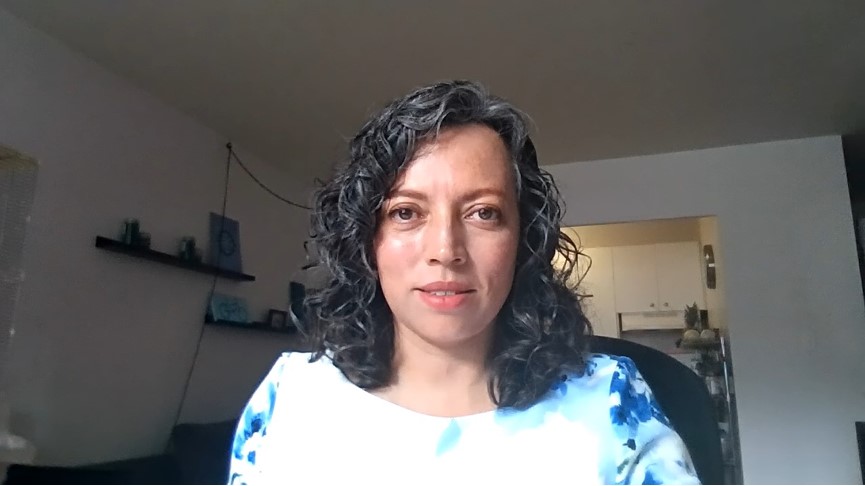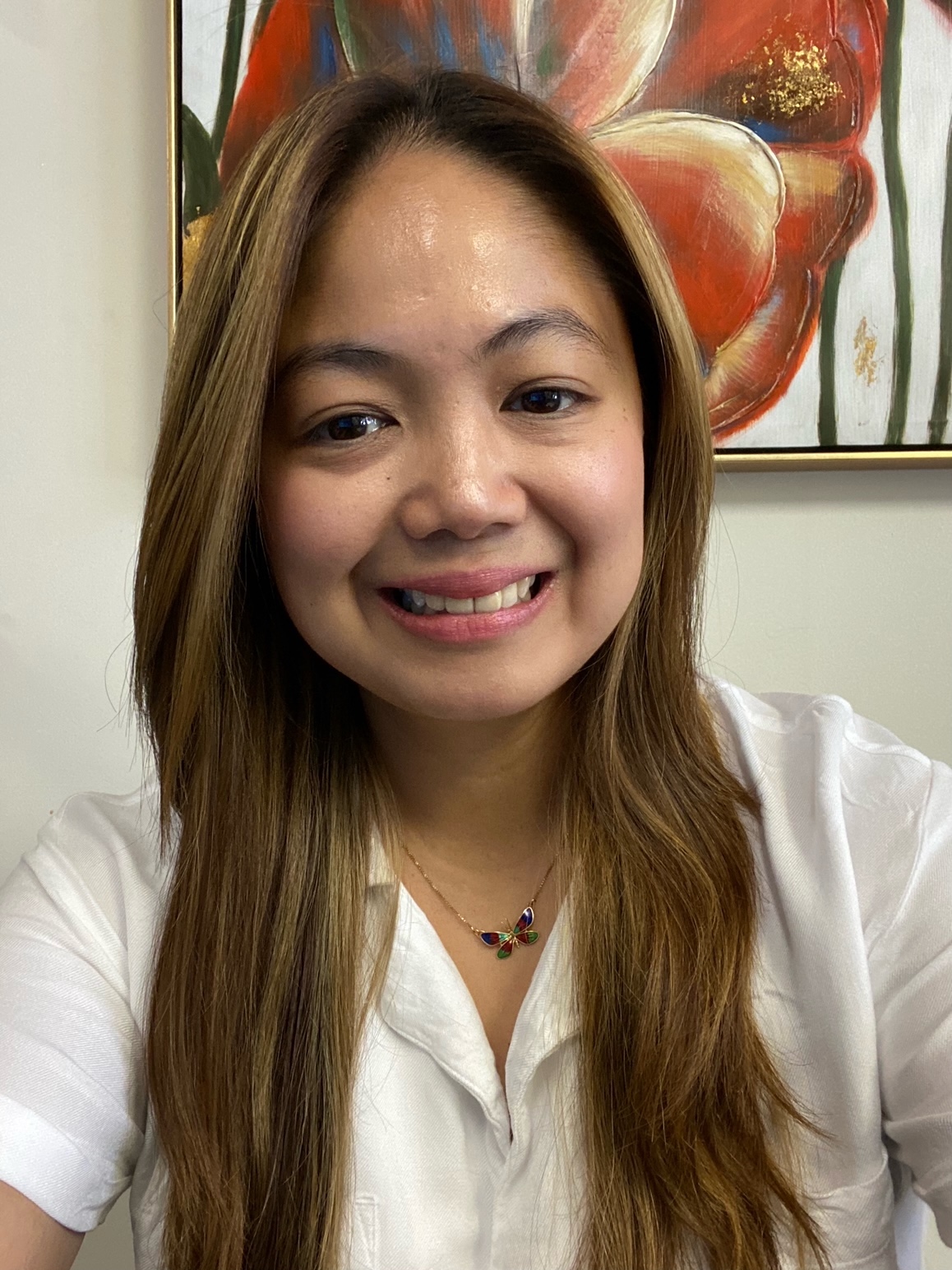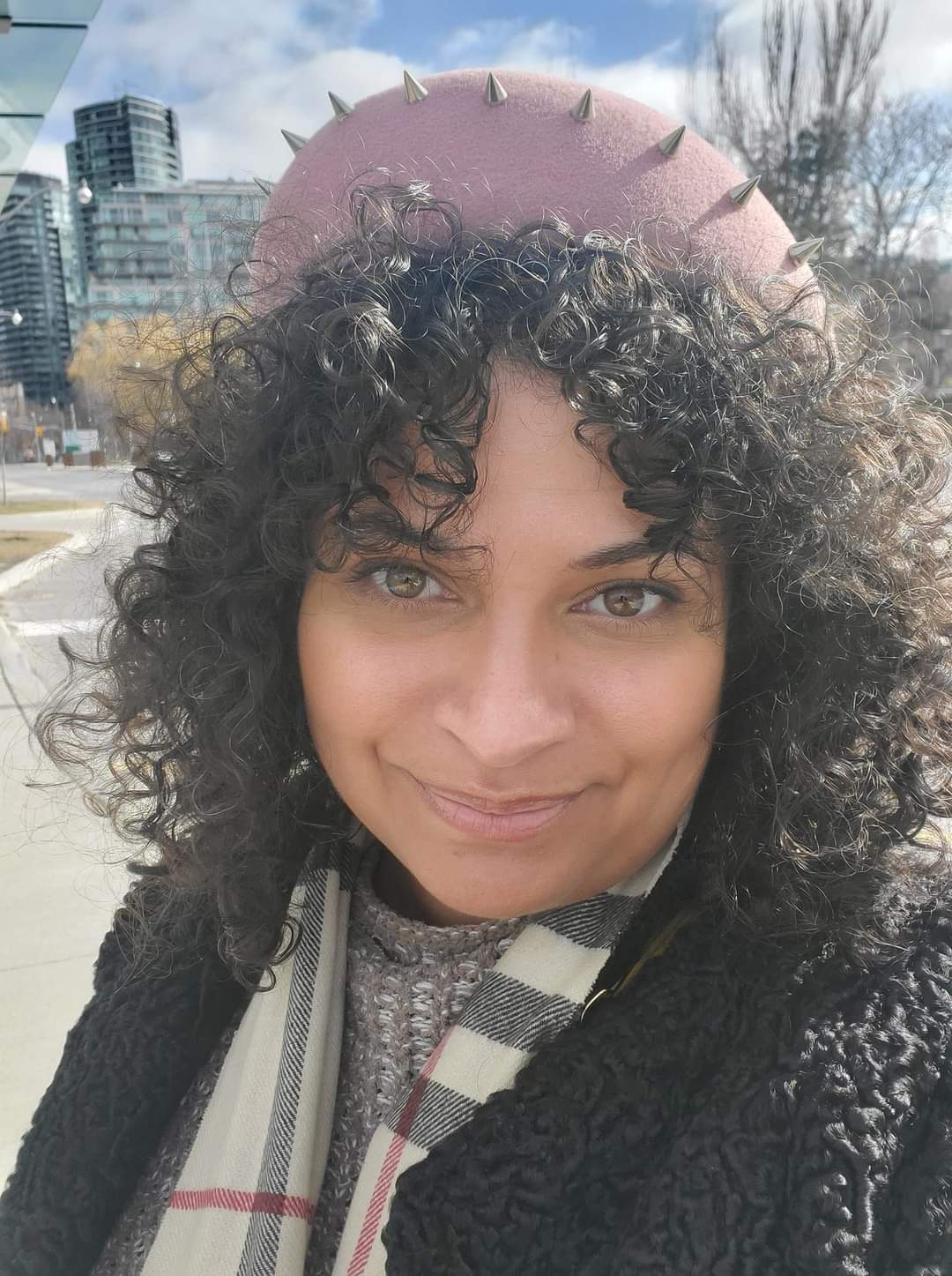Karmina Nieto had spent years working in odd jobs, eventually ending up in a management role for a cleaning services company. But when the pandemic hit, her job disappeared, and another promising opportunity fell through at the last minute.
Her career needed a reset. She took a pause and did some soul searching to figure out what she wanted to do.
She completed the medical office administration program at Herzing, but found it wasn’t quite the right fit. After working in an office for a while, she realized she really enjoyed the financial aspect—so she took advantage of the Herzing Open Education Program (HOEP) to do an accounting and payroll diploma tuition-free.
She struggled initially, but thanks to hard work and lots of instructor support, she made it through.
Read on to learn more about her remarkable story.















